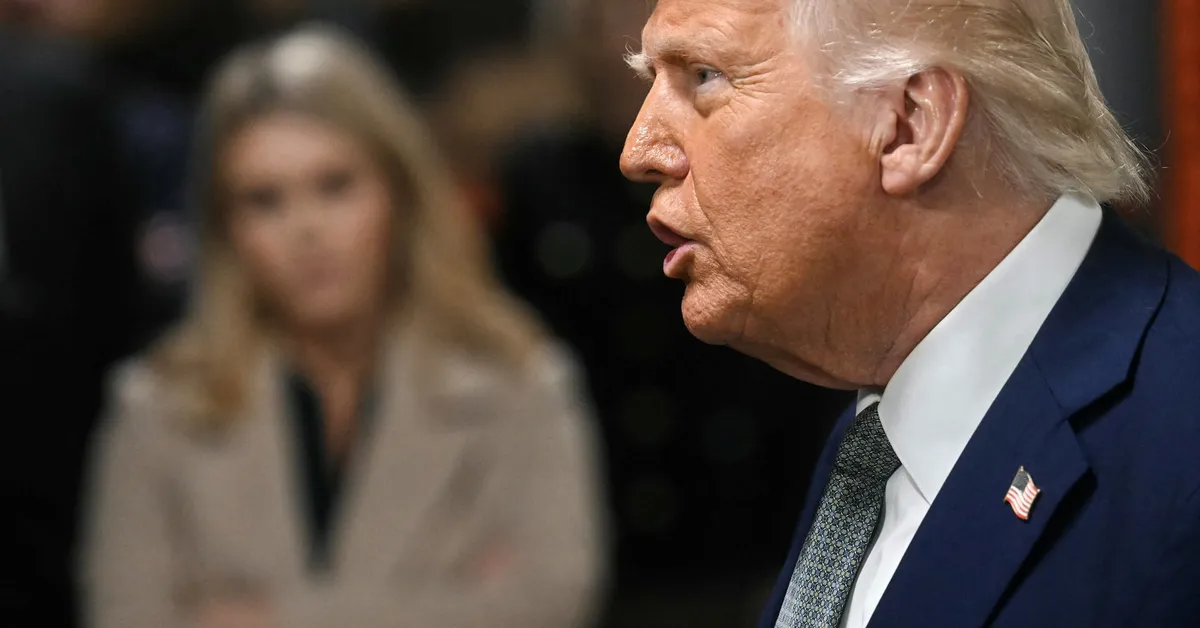
A recent development at the Federal Trade Commission (FTC) has raised significant concerns regarding the legality of presidential powers. A White House official confirmed the termination of Alvaro Bedoya, a former commissioner at the consumer protection agency, but refrained from providing further comments on the issue. In a statement shared on social media platform X, Bedoya characterized his dismissal as "corruption plain and simple."
Rebecca Kelly Slaughter, Bedoya's former colleague, also expressed her outrage, asserting, "The President illegally fired me from my position as a Federal Trade Commissioner, violating the plain language of a statute and clear Supreme Court precedent." This statement highlights the ongoing tensions between the executive branch and independent regulatory agencies.
The controversy surrounding these firings is not new. Former President Trump has faced legal challenges for dismissing members from various independent agencies, including the National Labor Relations Board (NLRB). A landmark ruling by the U.S. Supreme Court in 1935 established that FTC commissioners can only be terminated for "good cause," such as neglecting their duties. This ruling was designed to protect the integrity of independent, bipartisan, multi-member agencies from direct political interference.
In light of these recent events, it is worth noting that Trump issued an executive order on February 18, which aimed to extend the White House's control over independent agencies. Experts have interpreted this move as an attempt to test the boundaries of presidential power and its implications on regulatory bodies.
Despite the controversy, FTC Chairman Andrew Ferguson and Republican Commissioner Melissa Holyoak have publicly aligned themselves with the Trump administration's stance, asserting that the White House holds the authority to dismiss agency officials. This position has sparked significant debate regarding the balance of power between the presidency and independent regulatory bodies.
As these developments unfold, the implications for consumer protection and regulatory autonomy remain to be seen. The actions taken by the White House could set a precedent that may reshape the relationship between executive power and independent agencies in the United States.
For further insights and updates on this evolving situation, follow Jody Godoy, who specializes in tech policy and antitrust enforcement, at her contact email: jody.godoy@thomsonreuters.com.